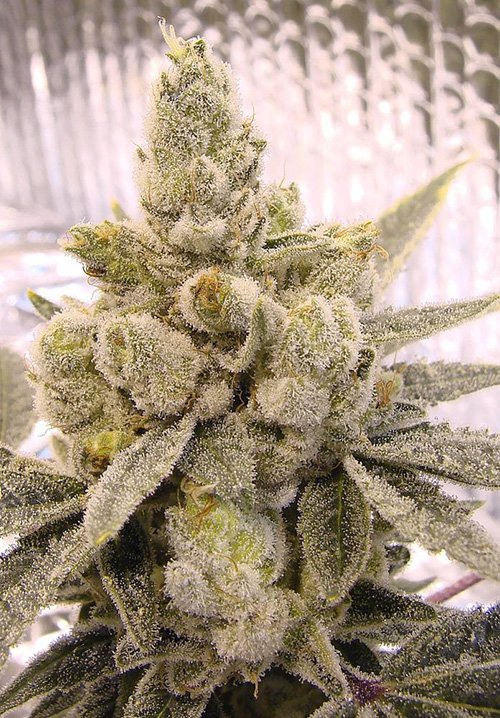The essential thought of uniting, which is generally being used in biotechnology today, is that some shoot or even part of a specific plant (a "cutting") is connected to the rootstock of another plant. It's essentially an easy route where another, lacking plant is given an old, all around created root framework. This is particularly helpful for cloning and hybridization, where a plant with some ideal quality or potential wanted attribute can be quickly developed with an exceptionally high achievement rate.
Joining is very normal in apple development. A plantation might be old, with an extremely old and hearty root framework, however it might be alluring to change the assortment of apple being developed, either in light of the fact that one kind of apple has gotten recently well known or, more probable, on the grounds that there's a completely new assortment of apple available, likely the result of one of a few Pacific-Northwest and northern Midwest college biotech programs. Washington State University is by all accounts an especially productive maker of new apple assortments.
These new assortments are first protected and afterward authorized to plantations, who get not seeds, yet cuttings, which are joined onto existing root stock and in a moderately short measure of time become gainful apple trees. (It's past the extent of this post, however GMO suspicion aficionados should find out about the flourishing universe of apple-focused biotechnology.)
Concerning my very own biotech lab, I wouldn't have the faintest thought where to begin with root uniting. It's conceivable to purchase root-united tomato plants, where you get the entire bundle of old solid roots with a youthful plant joined on top, yet that is not donning for a patio nursery worker.
Luckily, it's quite simple to make clones without uniting. A cutting from a plant will normally begin to develop on its own given the correct conditions. The cycle is called striking. The essential thought is that some bunch of gave tissue (a branch, bit of stem, and so on.) can be put into some perfectly medium, likely some fertilizer mud, soil-mud, or rockwool; it should be exceptionally wet for the rootless plant-to-be to get the water it needs to create as another free plant.

It might be important to add some additional root hormone to get things moving and that can be bought in the standard cultivating kinds of spots. An expression of alert, in any case: establishing hormone blends regularly contain pesticides and may not be the most natural thing on the planet.
Thus, while there's no limit to the rundown of clone-capable plants, some are especially simple: roses, basil, rosemary, weed, pot, weed, peppers, and grapes. In the overall case, the strategy is to pick a part of some sound plant that hasn't grew or blossomed (the hormones now are extraordinary) and cut it at a 45 degree edge with a disinfected instrument. The point offers the greatest conceivable surface zone for the future plant to secure water and supplements, along these lines expanding the chances that the slicing will proceed to turn into a fruitful clone. Many don't make it.
Thus, given the correct medium, you may have a suitable plant in the not so distant future. To truly up the reasonability of your clones, center around tomatoes. Tomatoes are fantastically simple in this regard and in the event that you've managed the plants definitely, you're doubtlessly effectively mindful that there's nothing more needed than a limited quantity of overwatering to drive them to begin developing roots all once again the damn spot and not simply underground. Regardless, I clone my tomatoes by cutting off solid looking suckers, which are those branches that develop in the "armpit" of different branches. Next, I stick the lower half of the cutting, which ought to be cut of its leaves and subbranches, in a glass of water and forget about it. Nothing else.
###would you like to add some points ?
###then comment and also [Follow me]
https://steemit.com/@cloneslosangeles